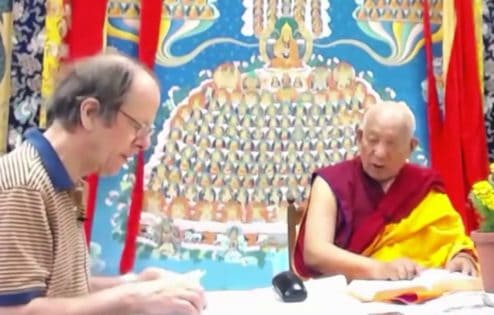Geshe Yeshe Thabkhe
Geshe Yeshe Thabkhe was born in 1930 in Lhokha, Central Tibet and became a monk at the age of 13. After completing his studies at Drepung Loseling Monastery in 1969, he was awarded Geshe Lharampa, the highest degree in the Geluk School of Tibetan Buddhism. He is an emeritus professor at the Central Institute of Higher Tibetan Studies and an eminent scholar of both Madhyamaka and Indian Buddhist studies. His works include Hindi translations of The Essence of Good Explanation of Definitive and Interpretable Meanings by Lama Tsongkhapa and Kamalasila's commentary on the Rice Seedling Sutra. His own commentary, The Rice Seedling Sutra: Buddha’s Teachings on Dependent Arising, was translated into English by Joshua and Diana Cutler and published by Wisdom Publications. Geshela has facilitated many research works, such as a complete translation of Tsongkhapa’s The Great Treatise on the Stages of the Path to Enlightenment, a major project undertaken by the Tibetan Buddhist Learning Center in New Jersey where he teaches regularly.
Featured Series
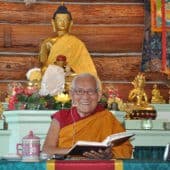
Aryadeva’s 400 Stanzas with Geshe Yeshe Thabkhe (2013-17)
Teachings by Geshe Yeshe Thabkhe on Aryadeva’s Four Hundred Stanzas on the Middle Way given at Sravasti Abbey and Tibetan Buddhist Learning Center, New Jersey. With interpretation into English by Joshua Cutler.
View Series
Pramanavarttika with Geshe Yeshe Thabkhe (2018–21)
Geshe Yeshe Thabkhe teaches Dharmakirti's commentary on Dignaga's Compendium on Valid Cognition. With interpretation into English by Joshua Cutler and Katrina Brooks.
View SeriesFeatured Posts
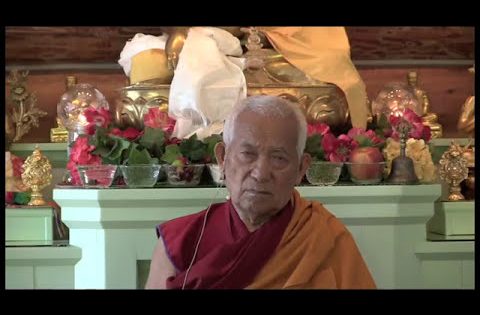
Chapter 4: Verses 90–100
What does it take to be an ethical leader? Is it appropriate f...
View Post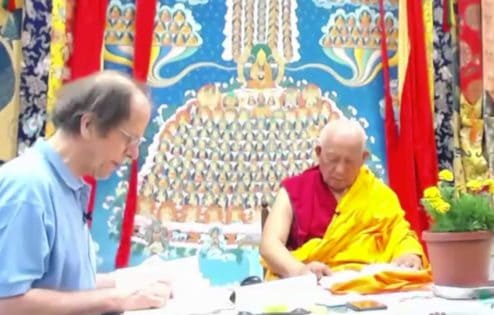
Proving past and future lives
Verses proving the existence of past and future lives over whi...
View Post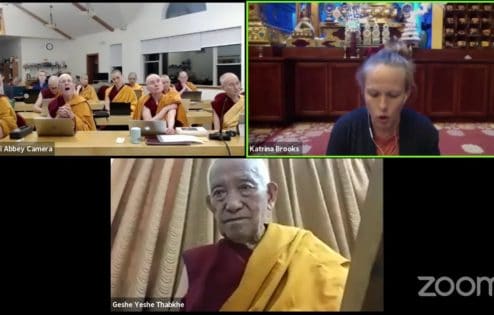
The sixteen aspects of the four truths
How the sixteen aspects of the four truths contradict the sixt...
View PostView Posts
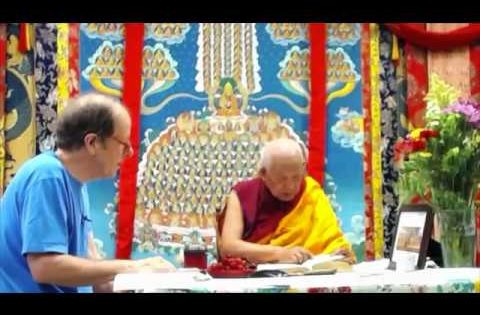
Body isn’t mind’s cooperative condition
Verses 69-79 of the Pramanavarttika,refuting the idea that body and mind are substantially identical.
View Post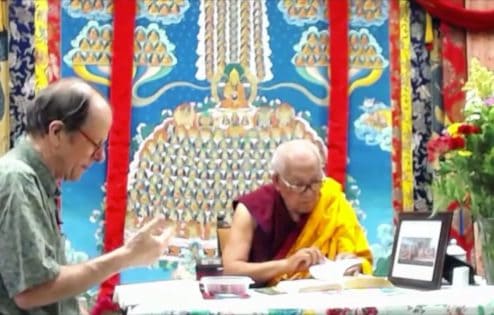
The definition of substantial cause
Verses 55-68 of the Pramanavarttika, arising, abiding, decaying, and ceasing.
View Post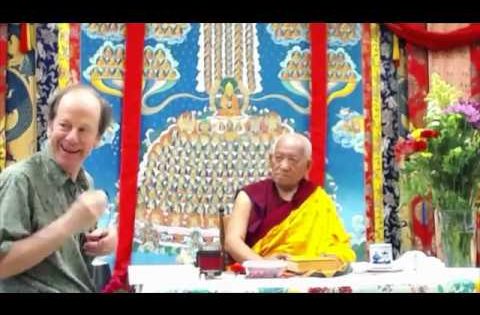
The body is not the mind’s substantial cause
Verses 48-54 of the Pramanavarttika, the relationship between body, mind, and breath.
View Post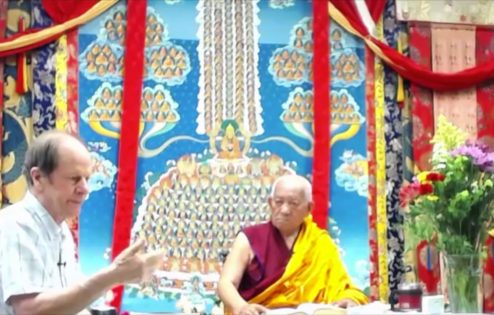
The causes of body and mind
Verses 44-47 of the Pramanavarttika, the causes of body and mind.
View Post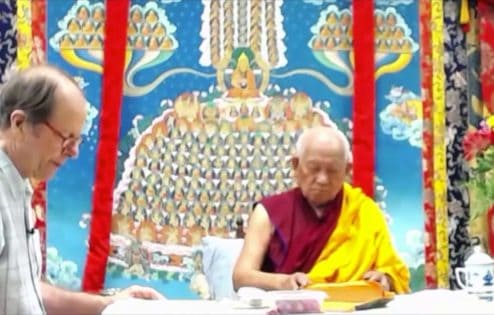
Proving the existence of past and future lives
Verses 37-43 of the Pramanavarttika, setting forth proof of the existence of past and future…
View Post
Proving past and future lives
Verses proving the existence of past and future lives over which we can cultivate compassion…
View Post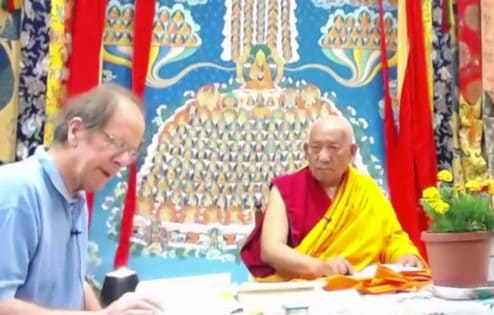
Qualities of a reliable teacher
The qualities that make the Buddha a reliable teacher for those who seek liberation and…
View Post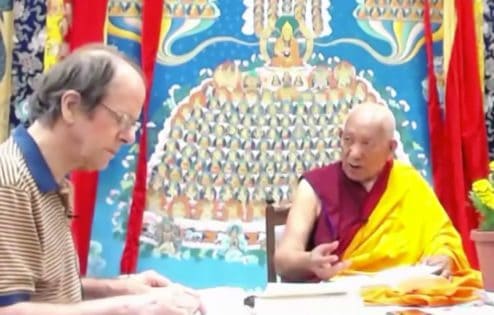
Why the Buddha is an authority
Arguments asserted by Buddhists on why the Buddha is reliable and how to seek out…
View Post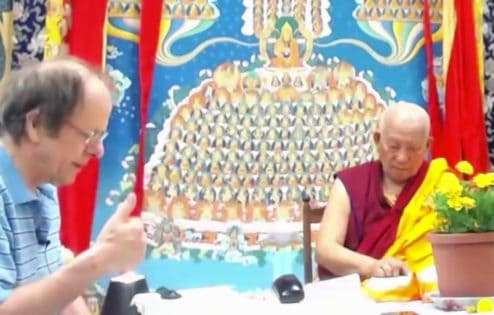
Absurd consequences
Spelling out the absurd consequences of our wrong views to refute them.
View Post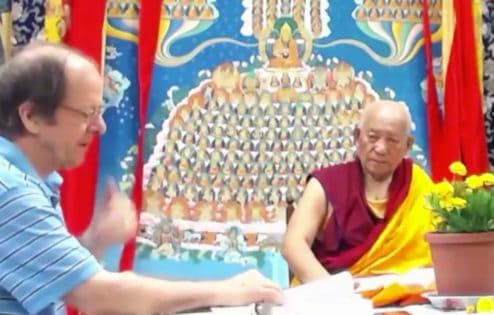
Correct reasons in a syllogism
Parts of a syllogism and the three modes of a correct reason.
View Post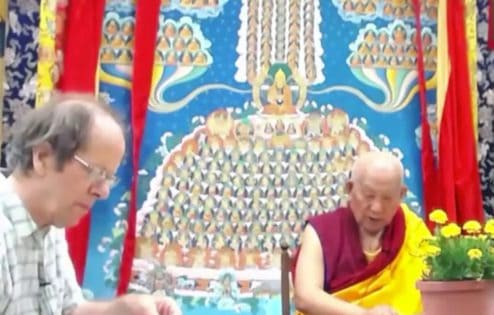
Refuting a permanent and impermanent creator
Going over arguments refuting a permanent or impermanent creator god.
View Post